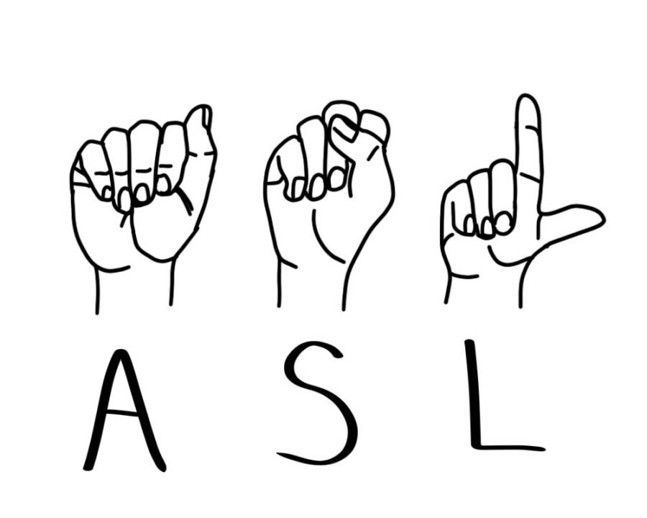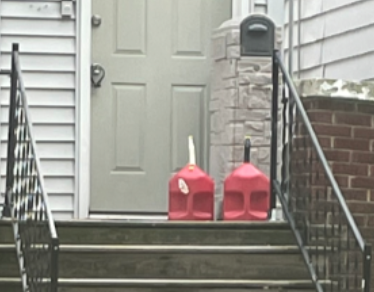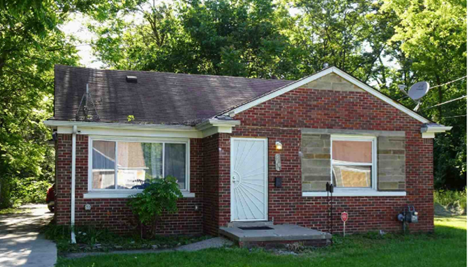Canton Apartments Forced Out Over 70 Recovering Addicts
On May 11, 2020, a federal lawsuit was filed against the owners and managers of the Crossings at Canton apartment complex, alleging violations of the Fair Housing Act and the Michigan Persons with Disabilities Civil Rights Act. The complaint was filed in U.S. District Court in Detroit by Personalized Nursing LIGHT House (PNLH), its President Joseph Paliwoda, and the Fair Housing Center of Metropolitan Detroit.
PNLH provides comprehensive treatment for substance abuse, which includes providing housing for its clients. PNLH pays for and supervises the residents in the apartments it rents. PNLH rent payments were never late, and there was no history of complaints about noise or other issues involving PNLH clients residing at the Crossings at Canton.
The lawsuit details the multiple efforts by owners and management of the Canton Township, Mich. apartment complex to evict over 70 of the PNLH clients in its residential substance abuse recovery program. According to the complaint, PNLH, which is based in Plymouth, Michigan, had rented apartments at the Crossings at Canton to be used by its clients since at least 2004. Nonetheless, between December 2018 and October 2019, the Crossing at Canton management served “notices to quit” on PNLH, forcing PNLH to scramble to find new apartments for the 74 clients who had been living there.
Paliwoda, who helped found PNLH in 1990 and has served as its president since then, was sidelined from almost all other work for months as he and his team contacted over 60 different apartment complexes before finding one that would rent to PNLH clients. “Discrimination against people suffering from addiction is rampant and blatant in our culture,” Paliwoda said. “It’s extremely hard to convince a property manager to give our clients a chance. It’s hard even when we guarantee the rent – even when we pay a premium – and provide supervision.”
The 24-page complaint asserts that the defendants informed PNLH CEO Joseph Paliwoda in early 2019 that it would not be renewing any of the company’s leases because those units were to be remodeled. At the time, Paliwoda informed Crossings management that he would be happy to relocate his clients to other, open units in the complex.
The defendants’ on-site manager responded by informing Paliwoda that there was no inventory available for any PNLH clients at the Crossings at Canton, which comprises some 700 units. Throughout the period that PNLH clients were being evicted, Paliwoda said he continued to receive multiple marketing and promotional materials from the Crossings which advertised vacancies and move-in specials being offered to the general public. The complaint states that the comment and related actions made it clear “that the Crossings no longer wanted to rent to PNLH because the PNLH clients were in addiction recovery programs.”
“Despite all the recent media coverage of our country’s opiate epidemic and a significant improvement in the general population’s understanding of addiction, recovering substance abusers still face stigmatization and discrimination in some form almost every day,” said Paliwoda, who has worked with recovering substance abusers for decades. Paliwoda says that the management of the apartment complex which is now housing the formerly displaced PNLH clients has informed him that his clients are “a joy to work with.”
Steve Tomkowiak, the Executive Director of the Fair Housing Center, has met with many of the PNLH clients. Tomkowiak commented that “it is very troubling to see a large number of persons who voluntarily agreed to participate in an intensive drug and alcohol treatment program, persons we would expect to be supported in their efforts to reestablish productive lives, instead be thrown out of their homes.” According to Tomkowiak, “this is why we need fair housing laws.”
The lawsuit requests that the court issue an order finding the defendant’s actions in violation of the Fair Housing Act and Michigan Persons with Disabilities Civil Rights Act; an order enjoining the defendants from participation in further housing discrimination on grounds of disability; actual and compensatory damages; punitive damages; and attorneys’ fees and costs.
The lawsuit was filed in the U.S. District Court for the Eastern District of Michigan, and has been assigned to Judge Bernard A. Friedman.
The lawsuit is the subject of an article in Crain’s Detroit Business, entitled, “ Nonprofit sues Canton apartment complex alleging discrimination of recovering substance abusers”.
The post Canton Apartments Forced Out Over 70 Recovering Addicts appeared first on Fair Housing Center of Metropolitan Detroit.










